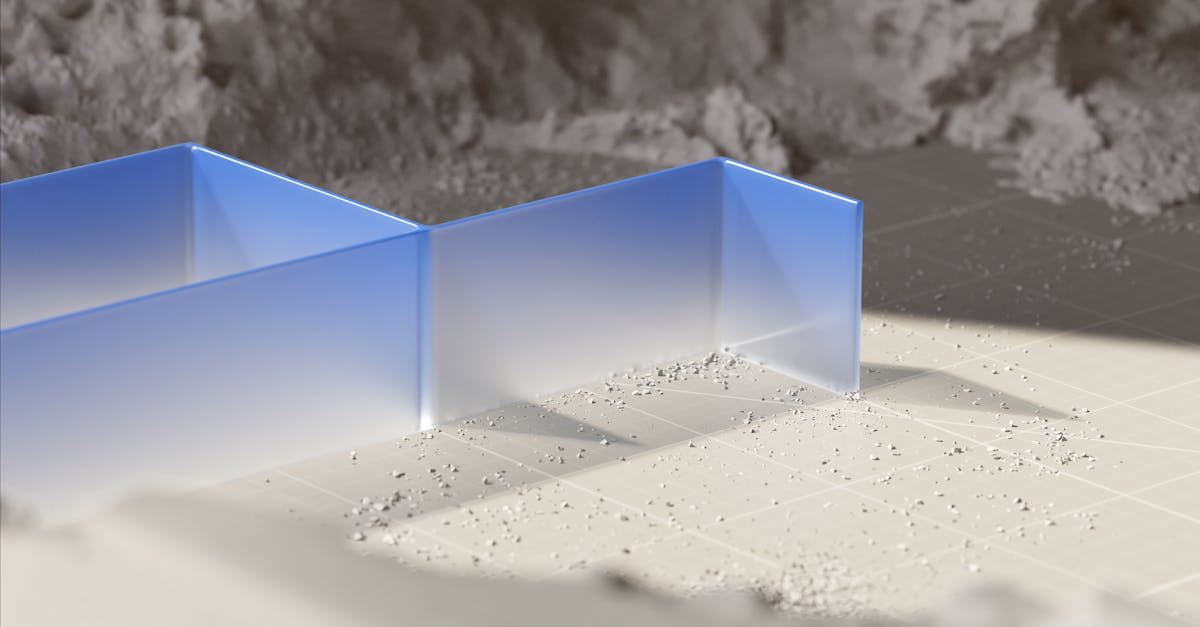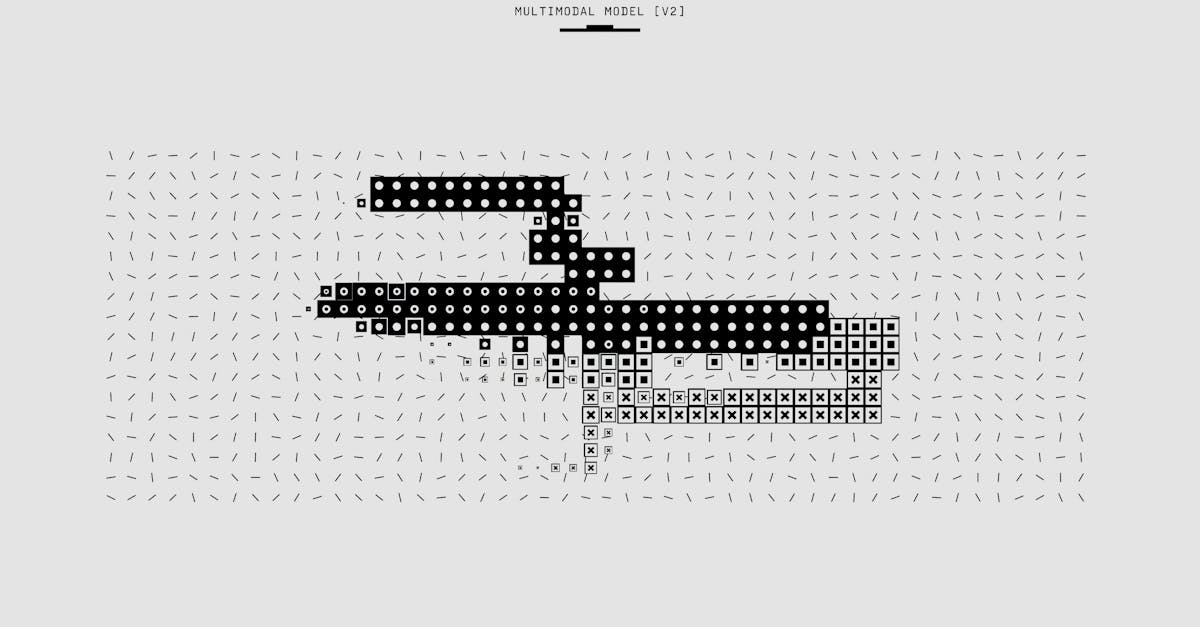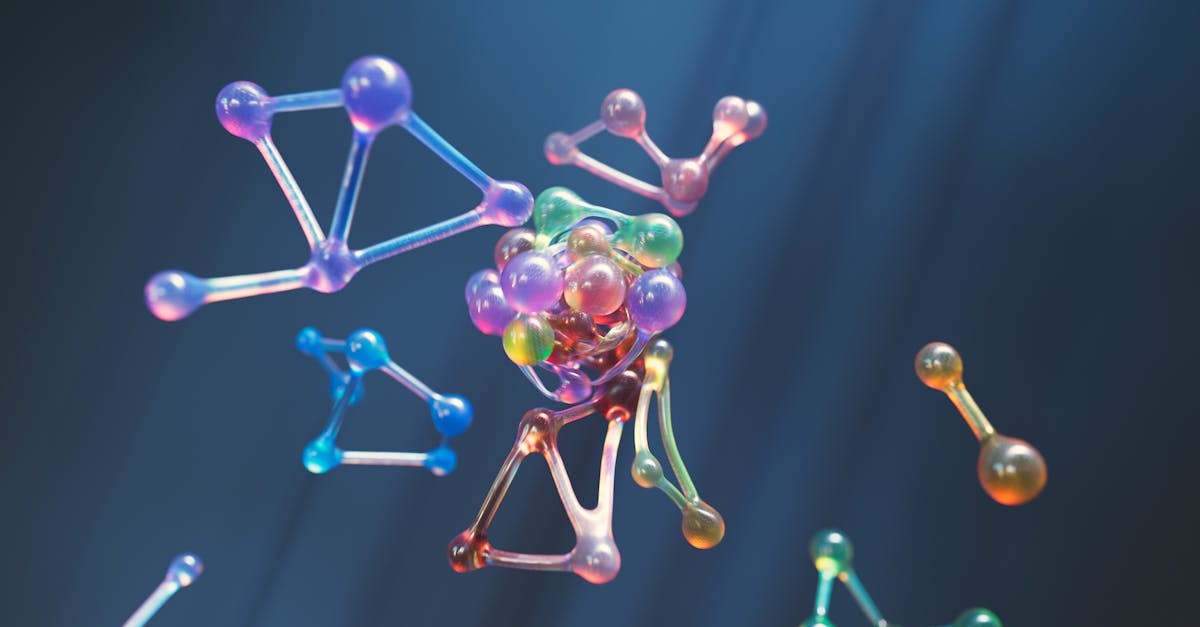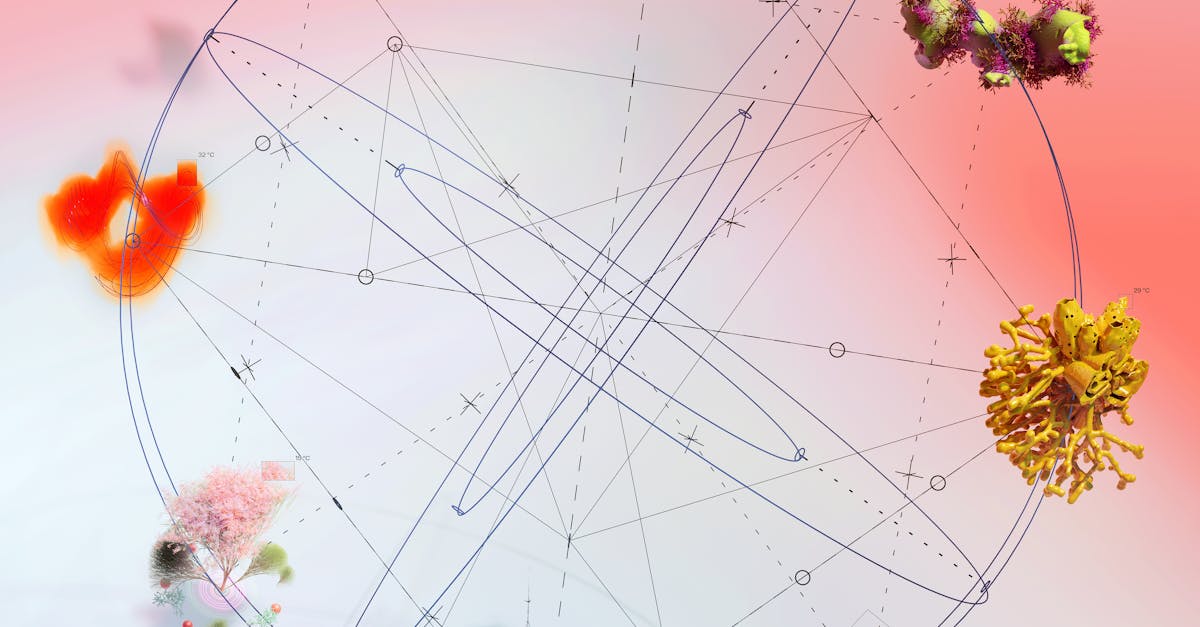
Table Of Contents
Flood Irrigation System
Flood irrigation system is one of the traditional methods used for watering crops. It involves flooding the fields with water, allowing it to flow and cover the entire area. This method is commonly used in areas with flat terrain, where water can easily spread out evenly. Irrigation Design in London utilizing flood irrigation involves diverting water from a water source, such as a river or reservoir, and releasing it into channels that distribute water across the fields.
This type of irrigation system requires a significant amount of water compared to other modern methods. The application of water in flood irrigation can lead to water wastage due to evaporation and seepage. However, despite its inefficiency in water usage, flood irrigation is still used in certain regions where access to advanced irrigation technology is limited. Irrigation Design in London that employs flood irrigation must manage water resources carefully to ensure sustainability and minimize water wastage.
Application and Water Usage
Flood irrigation system is widely used in agriculture for its simplicity and cost-effectiveness. It involves flooding fields with water, allowing it to cover the soil surface before infiltrating downwards. In Irrigation Design in London, flood irrigation is commonly applied in large-scale farming where water availability is not a limiting factor. However, this method tends to use more water than other irrigation systems and may lead to water wastage through evaporation and runoff.
On the other hand, micro irrigation systems offer a more precise and efficient method of delivering water to crops. Through the use of drip or sprinkler emitters, water is directly applied to the root zone, minimizing evaporation and runoff. In Irrigation Design in London, micro irrigation systems are gaining popularity due to their ability to improve water efficiency and promote better crop growth. By delivering water directly to the plants where it is needed, farmers can optimize water usage and reduce water wastage, ultimately leading to sustainable agricultural practices.
Micro Irrigation System
Micro irrigation systems, also known as drip irrigation systems, are a popular choice for farmers and gardeners looking to efficiently water their crops. This system delivers water directly to the roots of plants through a network of pipes and tubing, minimizing water wastage and promoting healthier plant growth. Irrigation Design in London has embraced the use of micro irrigation systems due to their high level of precision and water conservation capabilities.
Precision agriculture techniques benefit greatly from micro irrigation systems as they allow for targeted watering specific to each plant's requirements. By delivering water directly to the root zone, this method reduces evaporation and runoff, optimizing water usage. In London, these systems have not only helped in conserving water resources but have also improved crop yields and overall farm sustainability.
Precision Agriculture and Water Conservation
Precision agriculture is a cutting-edge approach that utilizes technology to optimize the efficiency of irrigation systems, maximizing crop production while conserving water resources. By employing advanced sensors, global positioning systems, and data analytics, precision agriculture enables farmers to accurately deliver the right amount of water to crops precisely when and where it is needed. This method not only boosts crop yields but also minimizes water wastage, contributing to sustainable agriculture practices in Canada and beyond. Irrigation Design in London is increasingly integrating precision agriculture techniques to enhance water management and agricultural productivity in the region.
Implementing precision agriculture not only enhances water conservation efforts but also contributes to overall environmental sustainability by reducing the use of chemical inputs and minimizing energy consumption. By tailoring irrigation applications to specific crop needs based on real-time data, farmers can minimize water run-off and leaching, thus preventing water pollution and protecting local ecosystems. Furthermore, the accurate application of water and nutrients through precision agriculture practices promotes healthier plant growth, leading to improved crop quality and increased resilience to environmental stressors. In the context of Irrigation Design in London, adopting precision agriculture methods has the potential to revolutionize agricultural practices and pave the way for a more sustainable and productive farming future.
Gravity Irrigation System
Gravity irrigation systems are a traditional method commonly found in various agricultural settings. These systems rely on the natural slope of the land to distribute water evenly to crops. Irrigation Design in London using gravity systems involves strategically placing irrigation ditches or furrows along the contours of the land. By leveraging gravity, water flows through these channels, reaching plants efficiently without the need for additional pumping mechanisms. This design is particularly beneficial for flat or gently sloping terrain where water can easily flow downhill to irrigate crops effectively.
Maintenance is a key aspect to consider when implementing a gravity irrigation system. Regular upkeep of ditches, gates, and other components is essential to ensure the system functions optimally. Proper management of water flow and distribution can help prevent soil erosion and water wastage. Additionally, periodic inspections and repairs are necessary to address any potential leaks or blockages that may arise. By adhering to these maintenance practices, Irrigation Design in London can sustainably utilize gravity systems to support crop growth while conserving water resources.
Design Considerations and Maintenance
Design considerations play a crucial role in ensuring the efficiency and functionality of an irrigation system. Factors such as the topography of the land, soil type, and water source must be taken into account during the design phase to optimize water distribution. In Irrigation Design in London, understanding the specific needs of the landscape is essential to determining the appropriate layout and components required for an effective irrigation system.
Regular maintenance is key to the longevity and performance of an irrigation system. Periodic checks should be conducted to inspect for leaks, clogs, or malfunctioning parts that could disrupt the water flow. Proper maintenance not only ensures the system operates at peak efficiency but also helps in conserving water and reducing operational costs. In Irrigation Design in London, implementing a proactive maintenance schedule is essential to prevent potential issues and maximize the lifespan of the irrigation system.
FAQS
What is flood irrigation system?
Flood irrigation is a traditional method where water is distributed across the field in a controlled manner to simulate natural rainfall.
How does micro irrigation system work?
Micro irrigation involves the precise application of water directly to the root zone of plants, reducing water wastage and promoting water conservation.
What is gravity irrigation system?
Gravity irrigation relies on the natural slope of the land to distribute water without the need for pumps or other mechanical devices.
How can flood irrigation system impact water usage?
Flood irrigation can lead to water wastage due to evaporation, runoff, and inefficient water distribution across the field.
What are the benefits of using micro irrigation system in precision agriculture?
Micro irrigation system in precision agriculture allows for targeted water application, reducing water usage, and improving crop yields.
What are the key design considerations for gravity irrigation system?
Design considerations for gravity irrigation system include slope of the land, soil type, water source, and maintenance requirements.






